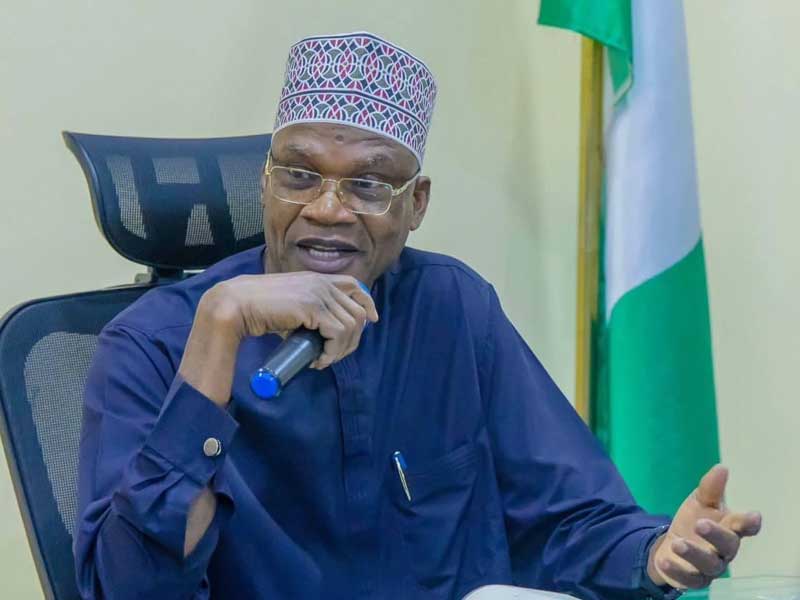The Nigerian Government has backtracked, as the Minister of State for Education, Dr Tanko Sununu stated that the government never restricted the age for students to write Senior Secondary Certificate Examinations (SSCE) to 18 years.
The recent decision by the government to impose an 18-year age restriction on students taking the National Examinations Council (NECO) and West African Examinations Council (WAEC) examinations sparked widespread outrage among parents and other stakeholders.
Sununu explained that the government only restricted the age for sitting for the Unified Tertiary Matriculation Examination (UTME) and entry into the university to 18 years beginning from 2025, and the decision was not binding on students sitting for examinations conducted by the National Examination Council (NECO) and West African Examination Council (WAEC).
Related news
- Momodu weighs in FG’s 18-year age limit for WAEC, NECO
- FG retracts, Fixes 16 as minimum age for tertiary institution admission
- ASUU Issues Fresh 21-Day Strike Notice To FG
The Minister stated the new federal government’s posture in Abuja on Friday during a press conference to herald the 2024 World Literacy Day with the theme “Promoting Multilingual Education: Literacy for Mutual Understanding and Peace.”
While featuring on Channels Television’s ‘Sunday Politics’ programme August 25, 2924, the Minister of Education, Professor Tahir Mamman, said that the Federal Government has prohibited individuals under the age of 18 from taking part in the National Examinations Council (NECO) and West African Examinations Council (WAEC) examinations.
The directive on age requirement, according to him, was a reaffirmation of existing regulations.
Anchoring his statement on the implementation of the 63-34 school system, he explained that the federal government has directed WAEC, which conducts the West African Senior School Certificate Examination and NECO, which oversees the Senior School Certificate Examination to enforce the 18-year age requirement for candidates wishing to take these exams.
According to Professor Mamman, “Even basically if you compute the number of years pupils, and learners are supposed to be in school, the number you will end up with is 17 and a half – from early child care to primary school to junior secondary school and then senior secondary school. You will end up with 17 and a half by the time they are ready for admission.
“So, we are not coming up with new policy contrary to what some people are saying; we are just simply reminding people of what is existing. In any case, NECO and WAEC, henceforth will not be allowing underage children to write their examinations. In other words, if somebody has not spent the requisite number of years in that particular level of study, WAEC and NECO will not allow them to write the examination.”
But on Friday, the Minister of State Education reversed his position, saying: “As regards this matter, we have made ourselves clear in different fora. But the issue kept recurring here and there. Actually, nobody among the two of us, the Minister of Education, Professor Tahir Mamman, nor the Minister of State, stated anything about the age limit for WAEC, NECO or NABTEB.
“People just pick up some remarks the Minister made, misinterpreted the statements to imply that age restriction has been placed for WAEC and NECO examinations. What we have been mentioning in the past was the entry age for University, candidates sitting for the UTME. We have made this clear several times, and this is in line with the National Policy on Education.
“The document stated that a child is expected to enter Primary School at six years, and he’s expected to spend six years in that school making it 12 years, three years each in junior and senior secondary schools, making it 18 years. That’s what is contained in the National Policy on Education document.
“This is directly or otherwise related to the theme of this year’s World Literacy Day. The Policy further stated that a child should learn in the language of the immediate environment or mother tongue up till primary three before English language could be introduced in subsequent years. That has facilitated learning at that level because you can easily communicate.”

